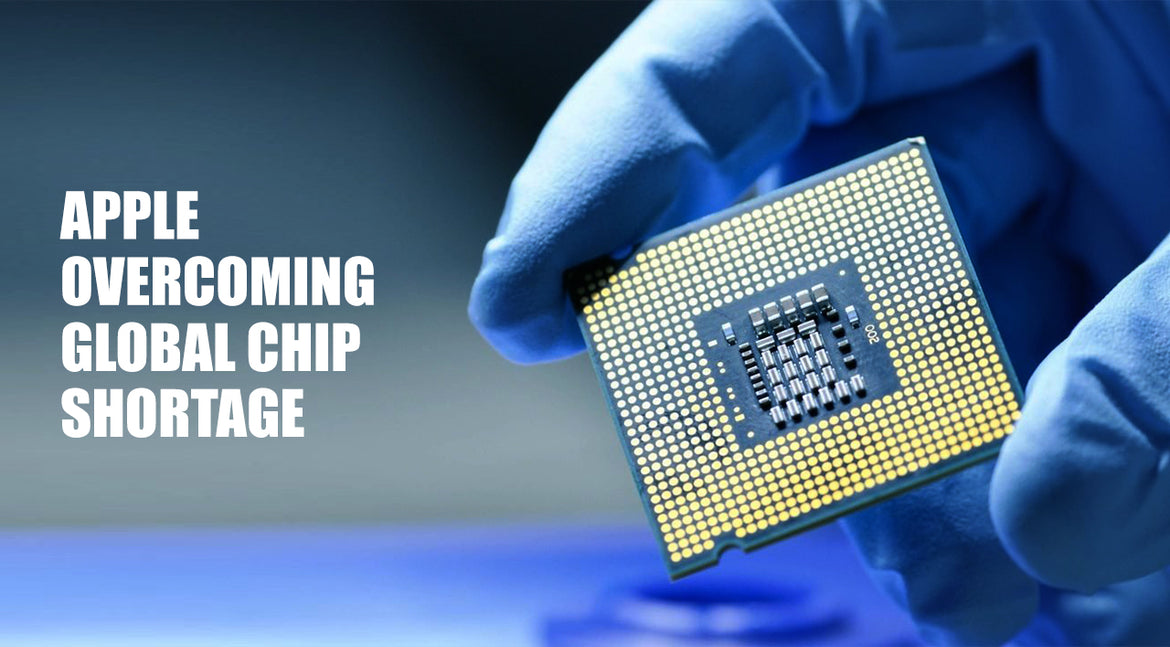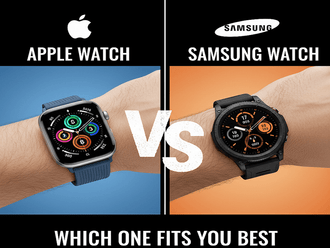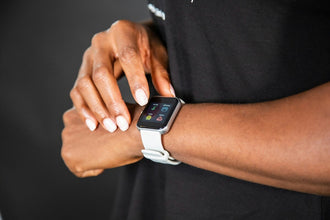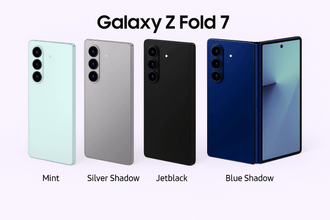
Apple overcomes the global chip supply shortage
Apple's victory over the worldwide chip supply bottleneck has brought some relief to the world's struggling markets. It has reported record quarterly sales, beating Wall Street expectations, indicating that it was able to overcome a supply-chain crisis exacerbated by the pandemic and chip shortages. The iPhone maker, which had warned three months ago that supply concerns might hurt its holiday-quarter revenue, had great earnings, bolstered mostly by premium phone sales. This shows that things are improving, albeit there are still some shortages.
Some experts claim that most of the supply-constrained concerns are over, but not for everyone else.
Tech giants, such as Apple, are given precedence by semiconductor makers because of their vast purchasing power, high demand for their products, and their capacity to place special orders for components utilized in their products. Apple's high-end CPUs are also expensive, which attracts chip producers. This effectively means Apple has a competitive advantage and can obtain components more quickly than its competitors. It is expected that supply chain concerns, which have plagued multiple industries, will continue to hinder production this year, according to companies ranging from electric vehicle Tesla Inc, to wafer fabrication equipment provider Lam Research.
While Apple, like many companies, received better service for more complex chips, it faced issues with some of the older technology chips. According to Apple CEO Tim Cook, the processors used in Apple iPads, which witnessed a 14% decline in revenue, use older technology, and supplies of those older chips were particularly scarce. He further exclaimed that limits on older chips, or nodes, were particularly substantial in the Christmas quarter. However, overall, Apple sees an improvement in the March quarter in terms of limitations decreasing compared to the December quarter.
Global Chip Shortage: Numbers and Impact
In terms of revenue, the company's primary product, the iPhone, brought in $71.6 billion in revenue, exceeding projections of $67.7 billion by Wall Street. We can see that it is a 9.2 per cent increase over the previous quarter. The sales period marked the start of the iPhone 13's first full quarter of revenue. The phone was released in September, a few weeks before the iPhone 12 was released in 2020. Despite the fact that the iPhone 13 was deemed a minor update, consumers who wanted to upgrade to the 5G service flocked to the handset. We saw that by quarter's end, supply and demand were roughly balanced, and China shipments were strong.
So, how did the shortage impact Apple? The iPhone 13 series, as well as other new items such as the latest Macs and Apple Watches, were impacted by supply limitations, causing shipment delays of several weeks. According to Apple's prior earnings report, this trouble cost the business $6 billion in sales, and the company warned that the holiday quarter would be considerably worse. In addition to this, iPad sales were fewer than expected. To put this in perspective, in the first quarter, the iPad took in $7.25 billion, compared to a forecast of $8.1 billion. During this quarter, Apple released the most important iPad mini update in the product's history as well as a slight refresh to its most affordable tablet. but it battled to get adequate supply to the market. The company stated that supply issues were particularly affecting that product. Last quarter, Japan was likewise in a bad spot.
So, what’s next?
Unfortunately, new supply issues have been identified with the Omicron spike causing even more interruption to freight and logistics operations. A few weeks into 2022, it has been reported that some components and parts, particularly semiconductors, were in short supply. Elon Musk, the CEO of Tesla, indicated that supply chain issues would reduce production output in all of the company's factories. Analysts and market leaders in the semiconductor industry predicted that supply difficulties would be resolved by the end of the year. Though this will remain a concern for the overall industry, Apple may prove to be an exception to this.




























